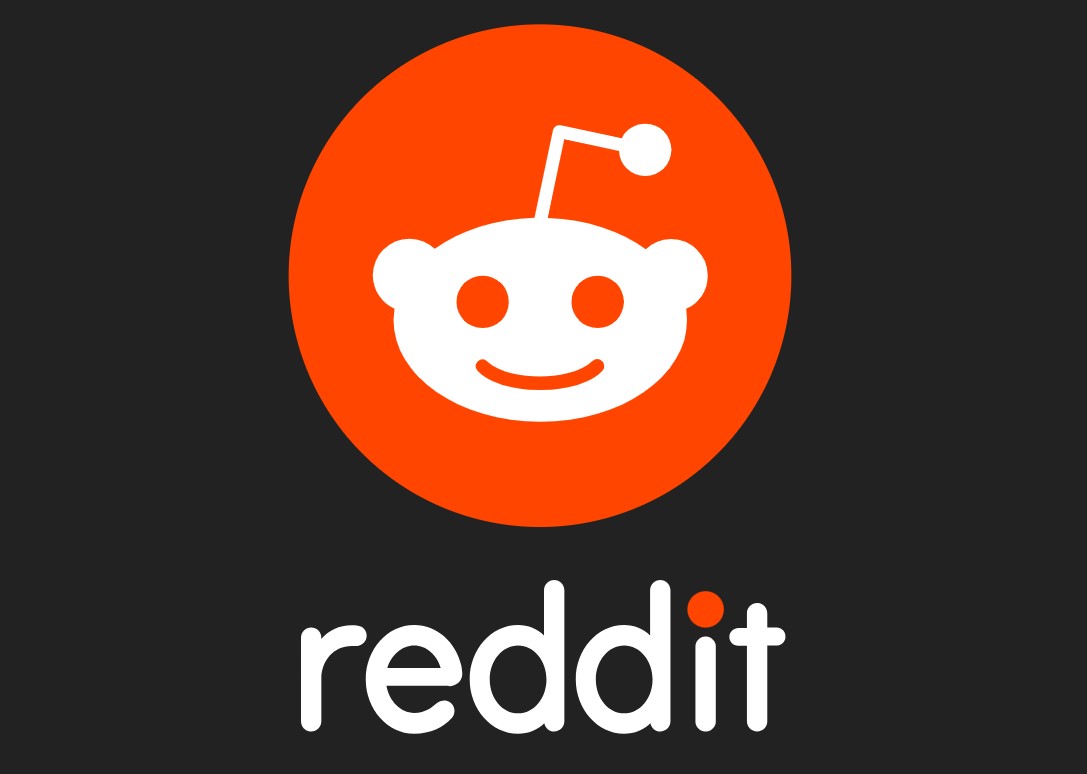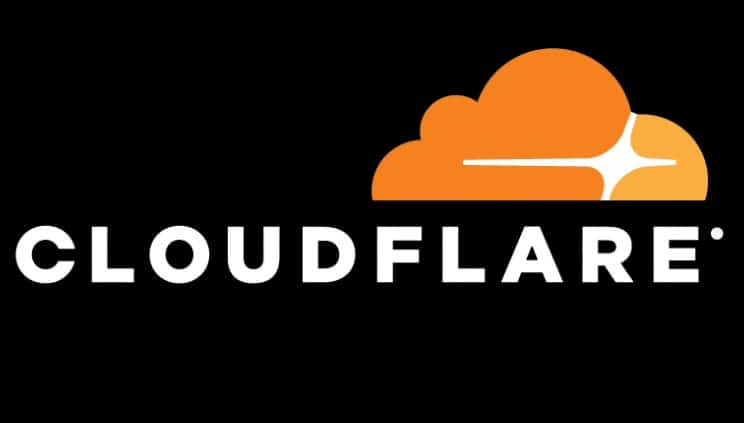-
chevron_right
Cox Asks Supreme Court to Protect Internet Subscribers from ‘Piracy Terminations’
news.movim.eu / TorrentFreak • 15 August, 2024 • 5 minutes
 Late 2019, Internet provider Cox Communications
lost its legal battle
against a group of major record labels, including Sony and Universal.
Late 2019, Internet provider Cox Communications
lost its legal battle
against a group of major record labels, including Sony and Universal.
Following a two-week trial, a Virginia jury held Cox liable for its pirating subscribers. The ISP failed to disconnect repeat infringers and was ordered to pay $1 billion in damages.
Cox challenged the verdict through several routes and earlier this year booked a partial victory. The Fourth Circuit Court of Appeals confirmed that the ISP was contributorily liable for pirating subscribers, but reversed the vicarious copyright infringement finding. A new trial will determine the appropriate damages amount given these new conclusions.
Following this ruling, Cox asked for the damages question to be put on hold, as there were other matters pending. Among them, a planned Supreme Court petition filed a few hours ago.
Cox Files Supreme Court Petition
In a public statement today, Cox warns that the current ruling jeopardizes internet access for all Americans, as it forces ISPs to terminate the accounts of subscribers who are repeatedly accused of sharing copyright-infringing content.
“Terminating internet service would not just impact the individual accused of unlawfully downloading content, it would kick an entire household off the internet,” Cox notes.
“This would have a particularly devastating impact on rural communities with only one service provider or where an alternative provider offers slow or unreliable connections — termination would leave a household with no viable access to the internet.”
After the Cox case was docketed, similar lawsuits were filed against other Internet providers, including Grande, Verizon, RCN, Bright House, Frontier and others. Some complaints were settled and others remain pending.
These cases have already changed how Internet providers handle repeat infringers on their networks and “terminations” are now more common. According to Cox, however, the current verdict goes too far.
Draconian Liability Regime
In its petition Cox writes that, in its view, the lower court’s ruling stretches service provider liability too far. As a result, ISPs find themselves ‘forced’ to terminate subscribers, who may have done little wrong.
“Cox Communications — which provides internet service to millions of homes and businesses — must either terminate internet connections previously used for infringement or else face liability for any future infringement.
“In doing so, the court installed the most draconian secondary-liability regime in the country, one that departs from three other circuits, defies this Court’s precedents, and threatens mass disruption across the internet,” Cox warns.

The Supreme Court petition aims to place the ‘repeat infringer’ issue into perspective, noting that pirating accounts represented roughly 1% of its total subscribers. Of this group, Cox was able to motivate 95% to stop.
The remaining ‘repeat infringers’ were able to continue. The music companies argued that the ISP could and should have terminated these accounts, some 57,000 in total, but Cox believes this is a step too far.
Universities, Hotels and Military Housing
Cox argues that subscribers shouldn’t lose their internet access based on unadjudicated third-party accusations; especially since the repeat infringers included business accounts with many simultaneous connections.
“In practice, the accounts that continued to rack up notices without termination were regional ISPs, universities, hotels, military housing, and other business accounts used by hundreds or thousands of individual users,” the petition reads.

Disconnecting universities and hospitals could have devastating consequences but Cox also continued to provide its services to many regular subscribers, who also continued to pirate.
While these examples are less dramatic, the company argues that disconnecting regular subscribers can also have serious consequences.
“Even with respect to individuals who did, in fact, infringe, loss of internet access is very heavy punishment for illegally downloading two songs. A person without internet might lose their job or have to drop out of school.”
Cox hopes that the Supreme Court will take on the case and limit secondary liability for Internet providers. The current Fourth Circuit ruling weighs heavily in favor of rightsholders, to the detriment of ISPs and their subscribers, the petition argues.
Two Questions
In recent weeks, Cox has put considerable effort into explaining its position to the press. When doing so, there was a strong focus on the potentially devastating impact on Internet users.
While this is undoubtedly an important issue, the matter at hand is ultimately about service provider liability. And the key questions presented to the Supreme Court don’t directly involve hospitals in rural areas.
This case is about who is responsible for Internet piracy. Is it only the users who actually share pirated material, or can ISPs be held responsible too?
The Fourth Circuit concluded that Cox “materially contributed” to the infringements of its subscribers, because the company knew about this activity and didn’t terminate their accounts.
That leads Cox to present the following question to the Supreme Court:
“Did the Fourth Circuit err in holding that a service provider can be held liable […] merely because it knew that people were using certain accounts to infringe and did not terminate access, without proof that the service provider affirmatively fostered infringement or otherwise intended to promote it?”

The second question is indirectly related to the damages award. The jury awarded the maximum statutory damages of $150,000 per work, which is typically reserved for “willful” infringement.
Cox questions whether simply knowing about copyright infringements of subscribers is willful, if the company didn’t know that its own conduct was illegal.
“Did the Fourth Circuit err in holding that mere knowledge of another’s direct infringement suffices to find willfulness under 17 U.S.C. § 504(c)?” the petition reads.
Landmark Case
If the Supreme Court decides to take on this case, it will undoubtedly result in a landmark decision. The music companies also indicate that they may present their own petition to the court, which will make the matter even more crucial.
Both sides are expected to garner support from third parties, which are expected to file supporting briefs on their behalf. After that, the Supreme Court will have to decide whether to take on the case.
Whatever the ultimate outcome, Internet providers could certainly benefit from extra clarity on the “repeat infringer” problem. Whether they will like the eventual outcome, remains to be seen.
—
A copy of Cox Communication’s Supreme Court petition is available here (pdf)
From: TF , for the latest news on copyright battles, piracy and more.



 In recent years, legal video and sports streaming services have flourished around the world.
In recent years, legal video and sports streaming services have flourished around the world.


 Reddit has gone head-to-head with a group of filmmakers over the past year, aiming to protect the privacy of its users.
Reddit has gone head-to-head with a group of filmmakers over the past year, aiming to protect the privacy of its users.





